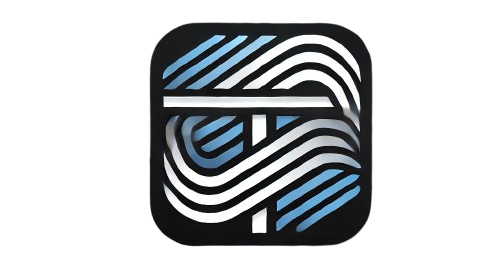C Programming Basics: A Beginner’s Guide
C programming is one of the most widely used and influential programming languages. Designed by Dennis Ritchie in the early 1970s, C has been the foundation for many modern programming languages, such as C++, C#, and Java. Learning C programming is an excellent starting point for anyone interested in software development, as it provides a solid understanding of fundamental programming concepts. In this blog post, we will explore the basics of C programming and get you started on your coding journey.
Why Learn C Programming?
Before diving into the details, let’s understand why C is an excellent language to learn:
- Foundation of Programming: C is considered the “mother” of many programming languages. Understanding C will make it easier to learn other languages like Python, Java, or C++.
- Efficiency: C is known for its speed and efficiency, making it ideal for system programming, game development, and embedded systems.
- Portability: Programs written in C are highly portable and can run on various platforms with minimal changes.
- Control: C allows low-level access to memory and system resources, providing greater control over hardware compared to high-level languages.
Setting Up Your C Programming Environment
To start coding in C, you’ll need a text editor and a C compiler. Follow these steps to set up your environment:
- Install a Text Editor: Use any text editor like Notepad++, Visual Studio Code, or Sublime Text.
- Download a C Compiler: Popular options include GCC (GNU Compiler Collection), Clang, or Turbo C++.
- Set Up an IDE (Optional): Integrated Development Environments (IDEs) like Code::Blocks or Dev-C++ simplify coding and debugging.
Once your environment is ready, you can write and execute your first C program.
Basic Structure of a C Program
A typical C program consists of the following components:
- Header Files: These files include standard libraries for input/output operations, string manipulation, and more.
- Main Function: Every C program must have a
main()function, which serves as the entry point of the program. - Statements and Functions: The program’s logic is written inside the
main()function or other user-defined functions.
Here’s an example of a simple C program:
#include <stdio.h> // Header file for standard input/output functions
int main() {
printf("Hello, World!\n"); // Print a message to the console
return 0; // Indicate successful program termination
}
Explanation:
#include <stdio.h>: Includes the Standard Input/Output library.int main(): Defines the main function, which returns an integer value.printf(): A function to print text to the console.return 0;: Indicates that the program executed successfully.
Key Concepts in C Programming
1. Data Types
C provides various data types to define variables. Common data types include:
int: For integers (e.g., 1, 100, -50).float: For floating-point numbers (e.g., 3.14, -0.5).char: For single characters (e.g., ‘A’, ‘z’).double: For double-precision floating-point numbers.
Example:
int age = 25;
float height = 5.9;
char initial = 'A';
2. Variables
Variables are used to store data values. A variable must be declared before use.
int num = 10;
float pi = 3.14;
3. Control Structures
Control structures help control the flow of a program.
- If-Else Statement:
if (age >= 18) {
printf("You are an adult.\n");
} else {
printf("You are a minor.\n");
}
- For Loop:
for (int i = 0; i < 5; i++) {
printf("Iteration %d\n", i);
}
4. Functions
Functions allow you to break down your program into smaller, reusable parts.
#include <stdio.h>
void greet() {
printf("Hello from a function!\n");
}
int main() {
greet();
return 0;
}
Debugging Tips
- Check Syntax: Ensure there are no syntax errors, like missing semicolons.
- Use Comments: Add comments to make your code easier to understand and debug.
- Debugging Tools: Use debugging tools in your IDE or run your program with different inputs to identify issues.
Conclusion
C programming is a powerful and versatile language that forms the foundation of software development. By learning C, you’ll gain a deep understanding of programming concepts and be well-prepared to tackle more advanced languages and projects. Start by writing simple programs and gradually move on to more complex projects to build your skills.
Happy coding!
